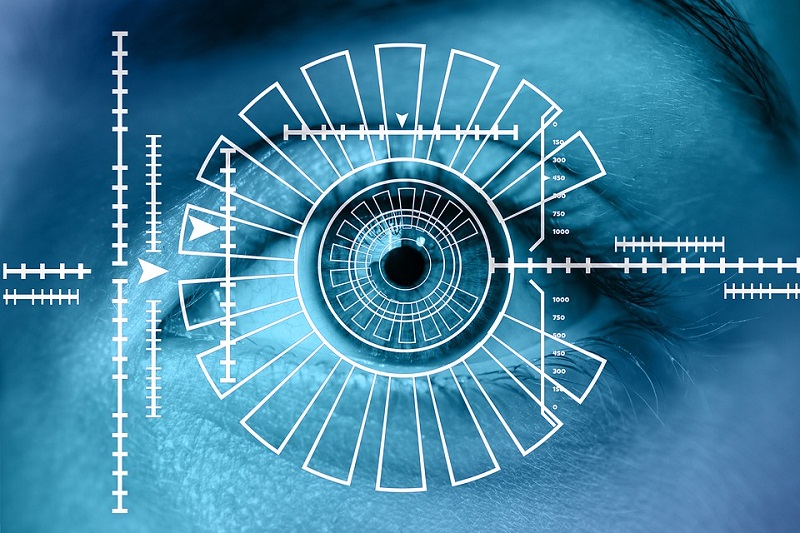
The new Caring Futures Institute at Flinders University is the first research hub in Australia fully dedicated to the study of self-care and caring solutions to transform how people care for themselves and others.
As reported, the launch of the new Institute unveiled several projects that are focused on better care across the lifespan.
These projects are developing solutions with partners and end-users to deliver societal and economic benefits.
Detecting autism at an early age
One such project is a promising new method to detect autism in children through a simple eye scan, which aims to identify the condition years earlier than is currently possible.
The possible biomarker for autism spectrum disorder (ASD) also has implications for early detection of other disorders such as attention deficit hyperactivity disorder.
The eye study for autism commenced over a decade ago, when the University’s optometry expert Dr Paul Constable started looking for an autism eye-biomarker.
He presented his team’s preliminary findings at the International Society for Autism Research conference in Canada recently.
The trial examined 89 individuals with ASD and 87 without ASD, who are comprised of children aged between five and 21 years from centres based in the UK, USA and at the University.
He explained that the retina is an extension of the brain, made of neural tissue and connected to the brain by the optic nerve. Thus, it was an ideal place to look.
They found a pattern of subtle electrical signals in the retina that are different in children on the autism spectrum, which relates to differences in their brain development.
His research, in collaboration with the Yale University in the US, and University College London and Great Ormond Street Hospital in the UK, will now establish the test’s effectiveness on younger children.
The importance of early detection
It is a quick, non-intrusive eye-scan using a hand-held device and is anticipated to be equally effective on younger children.
Since they have already found a likely candidate biomarker for autism, the next stage is to look at young children, even infants, because the earlier the intervention the better it is.
Very early diagnosis means not only can children receive important interventions, but families are empowered to get the necessary supports in place, come to terms with the diagnosis, and make informed decisions.
The team is also investigating the scan to detect other conditions including attention deficit hyperactivity disorder, with promising results.
This research is one example of many society-changing projects to be advanced through the Caring Futures Institute.
The Institute and its other projects
The Institute has several other initial projects. These are:
- Developing evidence-backed digital apps to facilitate nutritional home cooking
- Digital innovations to empower heart patients of all cultures and languages in self-care
- Enhancing online support for dementia carers
The Caring Futures Institute is based on four themes:
- Better systems – in health, ageing, social care systems and services
- Better lives – focused on self-care, health and wellbeing
- Better care – including caring, supportive, restorative and palliative interventions
- Better communities – generating social inclusion through co-design and collaboration
A future with answers to the greatest health challenges, where the highest standard of care is available to all who need it, is not out of reach.
















